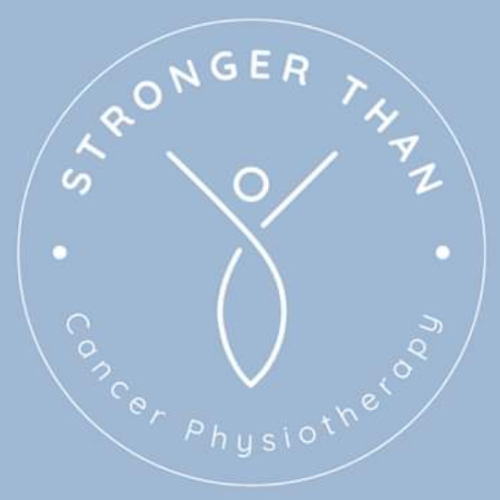Exercise during chemotherapy for bowel cancer
This post was written for Never Too Young - an incredible campaign launched in 2013 by Bowel Cancer UK, to lead the change for young people with bowel cancer. The work they do is invaluable and I was so delighted when they asked me to write a post for them! Follow their amazing work on Facebook or Instagram.
As well as sharing your stories we thought it would be fab to share advice and tips from the people that help us.
Meet Hannah
I’m Hannah and I’m a specialist physiotherapist, supporting people with cancer to manage the physical side effects of their treatment.
The first thing to know, is that exercise is generally very safe for people having chemotherapy. Over the past few years, the evidence just keeps rolling in, showing exercise helps reduce the side effects of chemotherapy and supports quicker recovery once treatment has finished. Exercise is therefore an essential part of cancer treatment - and the good news is, it’s accessible for everyone!
Chemotherapy for bowel cancer can leave you feeling like you are in a different body. Side effects such as diarrhoea, constipation, abdominal pain, fatigue, pins and needles and breathlessness may make exercise uncomfortable or more challenging.
The recommendation is for 150 minutes of moderate exercise a week. Moderate means you are feeling warm and your heartbeat is faster - but you can still talk or sing!
If you are having side effects that are preventing you from exercising, a physiotherapist or exercise professional with experience in cancer care, will help support you to find ways to exercise comfortably.
Top tips for exercising during chemotherapy:
Start small and build from there! During chemo, your tolerance for exercise will be lower and you may feel very tired most of the time. If you are usually very active, it is important to “re-frame” your definition of exercise during chemo.
Choose an exercise routine that aims to maintain both your cardiovascular health and muscle strength. Good combinations may be walking and weight lifting, or cycling and yoga. Try to choose something you will enjoy - maybe something you’ve always done or maybe something new.
Chemo may cause you to feel dizzy, sick and breathless. It can be helpful to keep track of your symptoms, to pick up any patterns and find your best time to exercise. Free apps, such as @vinehealth, are an amazing way to log your symptoms.
Set yourself small goals and celebrate them! Choose small goals, such as a few extra repetitions or minutes each week. Remember to recognise when you reach a goal and celebrate it! Then, choose your next small goal. This will keep you looking forward at where you’re going. Where exercise is concerned, I love the saying: “don’t look back, you’re not going that way”.
#nevertooyoung #nevertooyoungforbowelcancer #bowelcancer #cancersupport #cancerrehab #exercisewithcancer”


